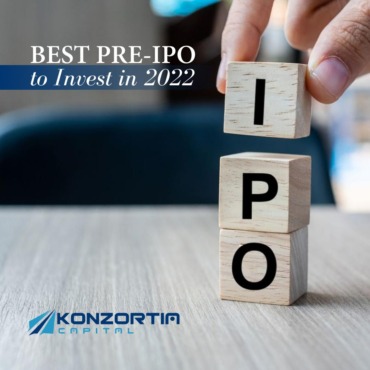Impact investing is an investment strategy designed to generate financial returns while simultaneously creating a positive social or environmental impact. The Global Impact Investing Network (GIIN) defines impact investments as investments made into companies, organisations and funds with the intention to generate measurable social and environmental impact alongside a financial return.
Impact investment was born out of the desire to change the world for the better without losing sight of a positive return of capital. Historically, these two desires have been considered competing and impossible to marry together. However, the advent of impact investment has proven otherwise since the concept’s appearance in 2008. Unlike philanthropic activities that work through donations, impact investment is a self-sustainable and innovative strategy that tackles pressing global issues while producing a profit.
This is an exciting new opportunity for investors to harness the power of the capital markets while working towards making a positive change in the world. Currently, impact investment is a $114 billion sector worldwide, and JP Morgan estimates that it will exponentially grow to $1 trillion by 2020.
With the rise of pressing global issues, impact investment is more important than ever. In the OECD countries alone, inequality is 7 times higher than it was twenty-five years ago. This inequality is further accentuated by the alarming state of the environment, which has the worst consequences on the most vulnerable populations. Therefore, impact investing not only represents a refreshing new take on business, but it also proves its vital importance for our future.
Some investors who use impact investing as a strategy take into account a company’s commitment to corporate social responsibility (CSR), or their drive to positively serve society, before they become involved with that company. The bulk of impact investing is done by institutional investors, including hedge funds, private foundations, banks, pension funds, and other fund managers. However, a range of socially conscious financial service companies, web-based investment platforms, and investor networks now offer individuals an opportunity to participate, too.
The type of impact that can evolve from impact investing varies based on the industry and the specific company within that industry, but some common examples include giving back to the community by helping the less fortunate or investing in sustainable energy practices to help save our planet.
Impact investing is part of a growing trend of socially responsible practices that seek to reduce some of the negative consequences of traditional business activities. By supporting companies and industries in worthwhile causes, impact investing can produce social or environmental benefits while also earning a profit.



Add Comment